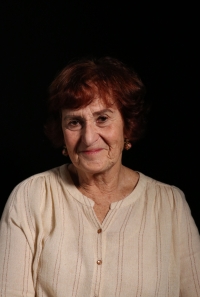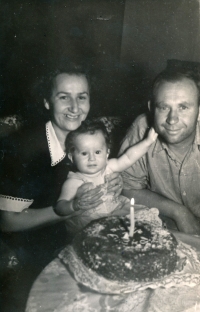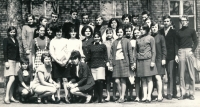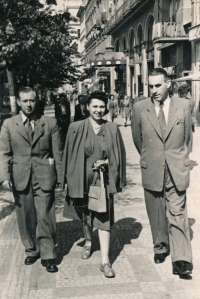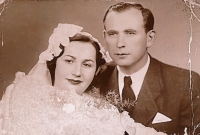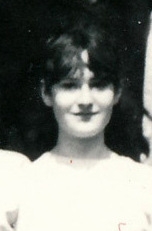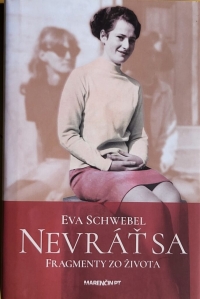Her mother prepared her for the possibility of exile from an early age, and at seventeen she was left alone in France.
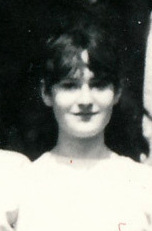
Download image
Eva Schwebel comes from the second generation of Holocaust survivors. Both of her parents were Jewish. While her father, Alexander Zipser, hid in Slovakia during the war, her mother, Aranka Neumann, was deported to Auschwitz by the Nazis in one of the first transports of Slovak Jews. She survived in this extermination camp for two and a half years before being rescued by transport to the labour camp in Trutnov. Both Alexander and Aranka lost their entire families during the Holocaust. They were married in 1949 in Košice, and their only daughter Eva was born on August 18, 1951. Her childhood was influenced by her parents’ ever-present fear and their wariness of the majority society, which did not allow reflection on the Holocaust. In the summer of 1968, seventeen-year-old Eva went to France at the invitation of a friend and decided to stay in Strasbourg after the Soviet invasion of Czechoslovakia. Her host family placed her in a Jewish boarding school, and Eva entered her senior year at a very pious private Jewish school. After a successful graduation, she continued her studies at university and in 1971 married a Frenchman of Tunisian-Jewish descent named Alain. However, he tragically died two years later, when Eva was seven months pregnant. Eva gave birth to a son, Gabriel, and her parents legally came to Strasbourg to visit her permanently. In addition to caring for her son, she found a new meaning in life working for the Council of Europe. In 1984, she married for the second time and had a daughter, Léa, with her husband Henri Schwebel. She followed her second husband to Paris, where she then worked for the Council of Europe Development Bank. She retired in 2011 and started learning Hebrew. She published an autobiographical book, Don’t Come Back.
